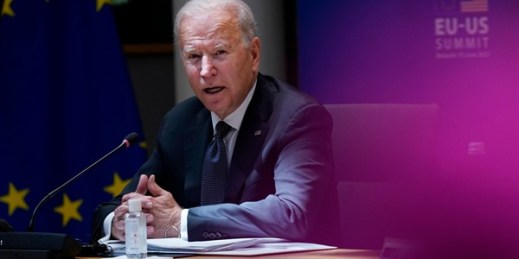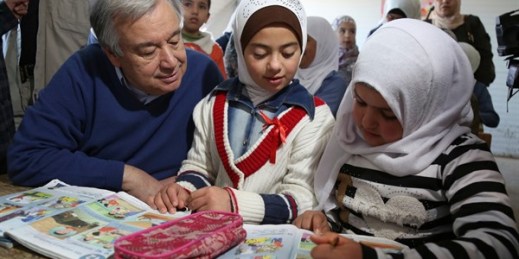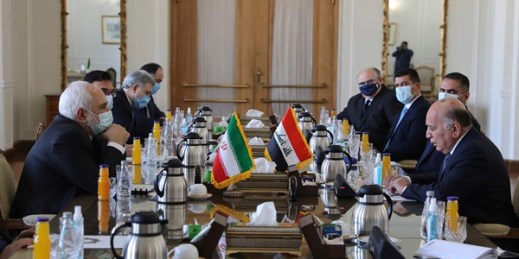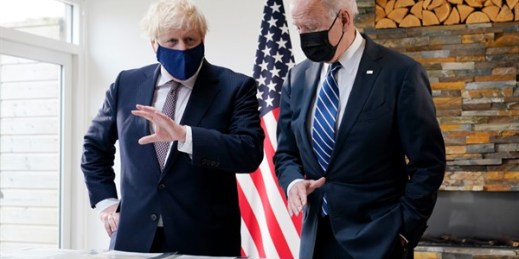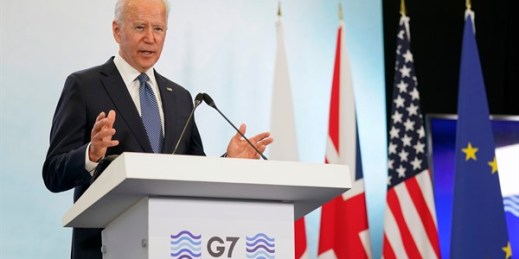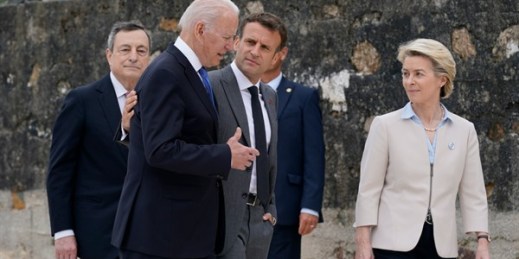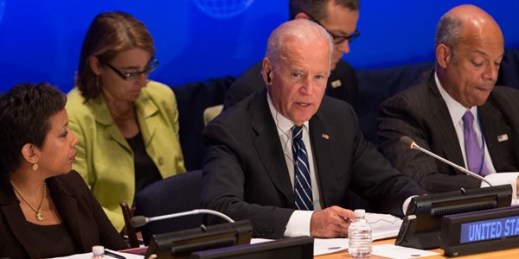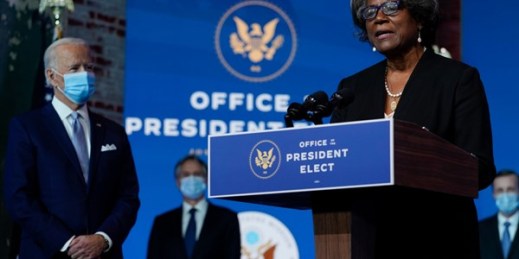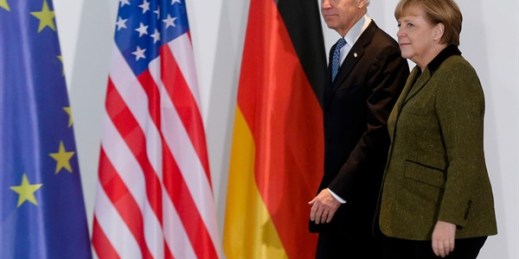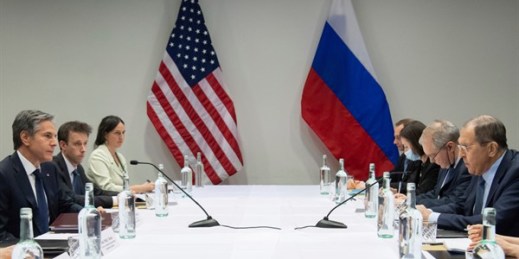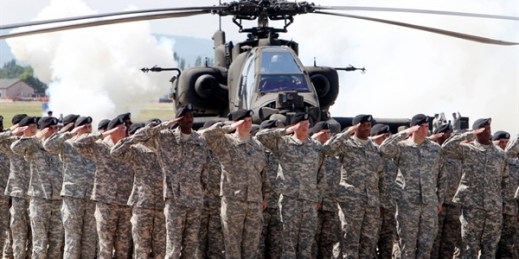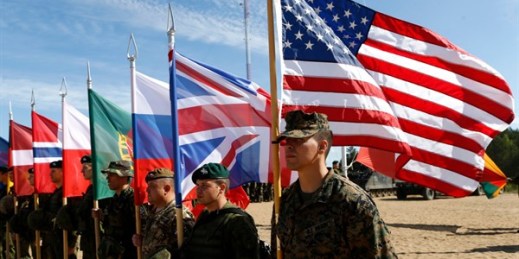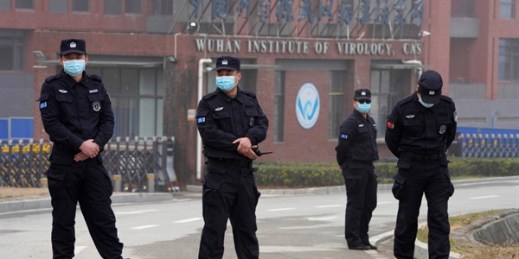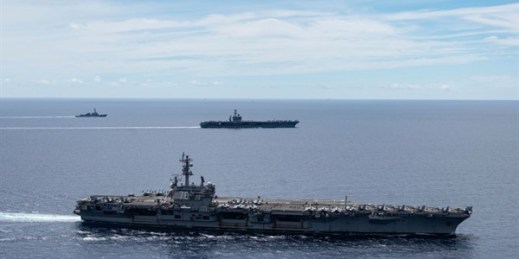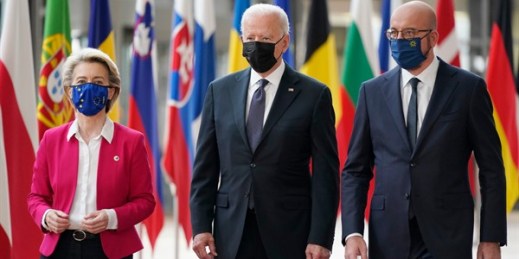
“America is back at the table,” President Joe Biden said at a press conference Sunday in Cornwall following his first G-7 summit. That statement perhaps best encapsulated Biden’s message during his maiden voyage overseas. While he didn’t mention his predecessor by name, the contrast with Donald Trump couldn’t have been clearer. And it certainly came as a relief to the other G-7 leaders, as the summit was mercifully free of temper tantrums and Twitter tirades. The displays of comity and unity continued in Brussels this week, where Biden participated in a NATO summit Monday and a U.S.-EU summit Tuesday. But […]

